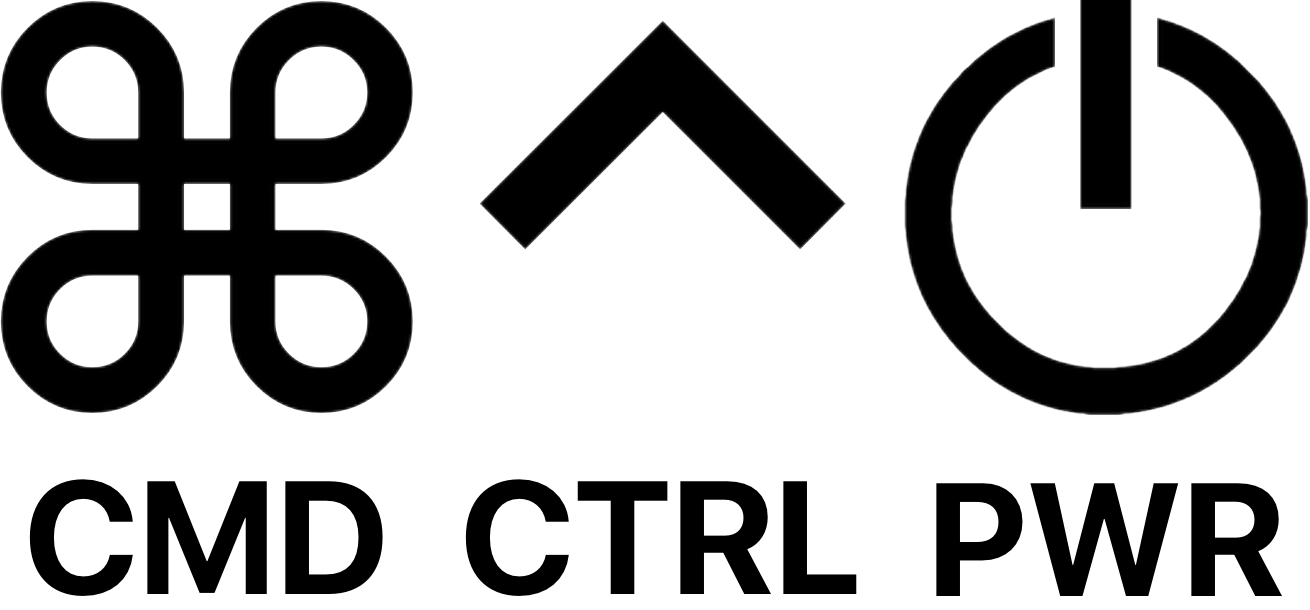🔒 Patreon Special
IT Pros: exclusive shows await you on Patreon, focusing on the more challenging aspects of running your practice and working with clients and employees.
567: Shelley Watson of DBQ Technology - Evolving Careers and Combating Industry Biases
/In this episode of Command Control Power, we welcome back Shelley Watson, a seasoned professional in the tech industry. We delve into a wide range of topics including Shelley's history of presenting and training and her transition from running Wheelwrights to starting a new business venture. The discussion moves into deeper waters as Shelley shares insights on ageism, gender bias in the tech industry, and the importance of building trust with clients. She emphasizes the value of experience, synthesizing information, and how being seasoned professionals can give them an edge. Shelley also touches on the significance of having a constructive influence beyond just technical assistance and the importance of diversity and amplification in the workplace. The conversation is peppered with personal anecdotes, professional advice, and Shelley’s outlook on the future of her career.
We talk a bit about Shelley's journey and her training days.
There is an art in being an extrovert and engaging with audiences
Shelley talks about transitioning from Wheelwrights to DBQ Technology
Navigating the Pandemic: Adapting to remote work and training
She discusses the challenges and strategies of closing a business
Vendor relationships and the intricacies of business closure can be a tough road
We discuss building trust and demonstrating motives in business
Jerry has questions about navigating age and experience in the consulting world
This leads us down a path to gender bias in our field
Shelley talks about the power of amplification
People say things that are indicators as to who they are. Pay attention to those queues
t may be uncomfortable to do so, but it is key to find ways to make someone aware of something they said
You may not feel like your comment will matter, but you could be one of many that triggers change
Progress, improvement, relief is important for people
The Role of Technology Professionals in Social Change
Concluding Thoughts on Ageism and Future Conversations
Shelley was hoping to get into her favorite conversation like the Hold Harmless clause, which means we will have to have her back on again!
Check out http://commandcontrolpower.com/dbqtech for Command Control Power merchandise
564: Interview with Jason Dettbarn, Founder & CEO at Addigy
/Anyone going to ACES Conference in Salt Lake City? I decided I couldn't miss it, so now I'm going! And had this idea...
👕 Get a free Cmd Ctrl Pwr sticker with this one weird trick!
👉 Come to ACEs Conference wearing your CCP t-shirt, and look for Sam or Joe, and we’ll give you a free sticker!
🛒 Need a new CCP shirt? Order now for delivery in time for ACEs!
Jason Dettbarn joins us on the show once again! Jason is the founder and CEO at Addigy.
Jason has been on our show many times over the years.
Jason talks about how he didn’t pay himself for two years as he built up Addigy’s business.
MDM (Mobile Device Management) has been around for 14 years and is a traditional method for managing mobile devices.
DDM (Declarative Device Management) is a newer approach by Apple that takes more initiative in managing devices.
MDM tells devices what to do, while DDM provides a recipe for the devices to follow and manage their own state.
Advantages of DDM:
Less burden on MDM servers
Devices are more proactive in managing their state
Requires less communication between servers and devices
Challenges of DDM:
MDM tools are still needed for some tasks (e.g., software deployment, agent-based features)
Requires trust in Apple to manage devices effectively
Key takeaways:
DDM is a significant shift in Apple's device management philosophy.
MDM and DDM will likely coexist for several years.
Agents will still play an important role in device management alongside DDM.
There's a need to balance user experience with enforcing compliance policies. Ideally, compliance checks should happen seamlessly without interrupting the user workflow.
Conditional Access features in Microsoft Endpoint Manager allow enforcing compliance rules and remediating issues automatically.
Managed Apple IDs with built-in compliance features can improve data compartmentalization on Apple devices.
Users should be able to see their compliance status and take corrective actions if needed.
AI-powered smart filters can help identify devices with potential issues based on user-defined criteria.
Addigy is developing a new solution to simplify and automate updates for public software and third-party applications.
Jason talks about how collaboration between vendors is crucial for creating a more secure and efficient mobile device management ecosystem.
In Memory of Charles Edge: A Conversation Revisited
/Beloved Author and Apple Authority Passes Away
The Apple community mourns the loss of Charles Edge, a renowned author and expert who dedicated his career to empowering users with knowledge.
Charles was a cornerstone for many Apple enthusiasts. His acclaimed book series, "Take Control of OS X Server," provided users with clear and comprehensive guidance on managing their server environments. He was also known for his ongoing work on a historical chronicle of computing, showcasing his passion for technology's evolution.
Beyond his publications, Charles was admired for his genuine kindness and willingness to share his expertise. He leaves behind a legacy of not only valuable resources, but also a spirit of helpfulness that enriched the Apple community.
Command Control Power remembers Charles Edge, a friend and expert we had the pleasure of speaking with. This conversation from 2014 is a testament to his knowledge and enduring legacy. We miss him dearly.
Sincerely,
Joe, Sam, and Jerry
563: The Cloud is Cloudy: Why On-Premise Backup Might Be Your Sunshine
/Command Control Power is doing live broadcasts! Become a patron today to participate in our livestreams.
How do you protect domains that do not have email? Here are the key points:
-Email addresses can be spoofed to appear as if they are coming from a different domain. This can be used for phishing attacks.
There are several ways to protect domains without email addresses:
* DMARC record: This tells email servers what to do with emails that claim to be from the domain but don't come from an authorized source.
* DKIM record: This helps to verify the sender's identity for emails.
* SPF record: This specifies which email servers are authorized to send email for the domain.
Jerry recommends looking into Cloudflare.
* Whois privacy: This service hides the contact information for the domain owner. It can prevent ethical hackers from reaching out to report vulnerabilities, but it doesn't prevent spoofing.
Joe talks about creating a separate global admin account that is not used for regular email and has a strong password. MFA (multi-factor authentication) should also be enabled for this account.
Phishing campaigns and training is a great add on to protect clients from the weakest link…the user.
-Some users won’t see the value of services until something goes wrong.
-Sam is concerned about being locked into a cloud backup service once enrolled.
* Challenges of selling security services: Some clients may be resistant to paying for security recommendations, especially if they don't see the immediate benefit. We need to explain the risks and the potential consequences of not taking action.
Let clients say no to additional services, especially with relation to security.
* Synology vs Backup Service: There's a good discussion in the chat between on-premise backup using Synology and cloud-based backup services like Datto or Barracuda. Synology requires an upfront cost but offers more control and potentially lower cost in the long run, while cloud backups are easier to manage but can be more expensive.
Backup Considerations:
* Legal holds: Legal requirements to retain data for a certain period (e.g., 7 years) need to be considered when choosing a backup solution.
* Migration:** Moving between backup solutions can be difficult and expensive.
Synology Management:
* Active Backup can be used for backups.
* Active Insight can be used for monitoring backups and servers.
* Email notifications can be configured for Synology alerts.
Ultimately, choosing a Backup Solution depends on factors like the number of users, the amount of data, budget, technical expertise, and desired level of control.
Joe brings up Genie by Norton as a free scam detector.











